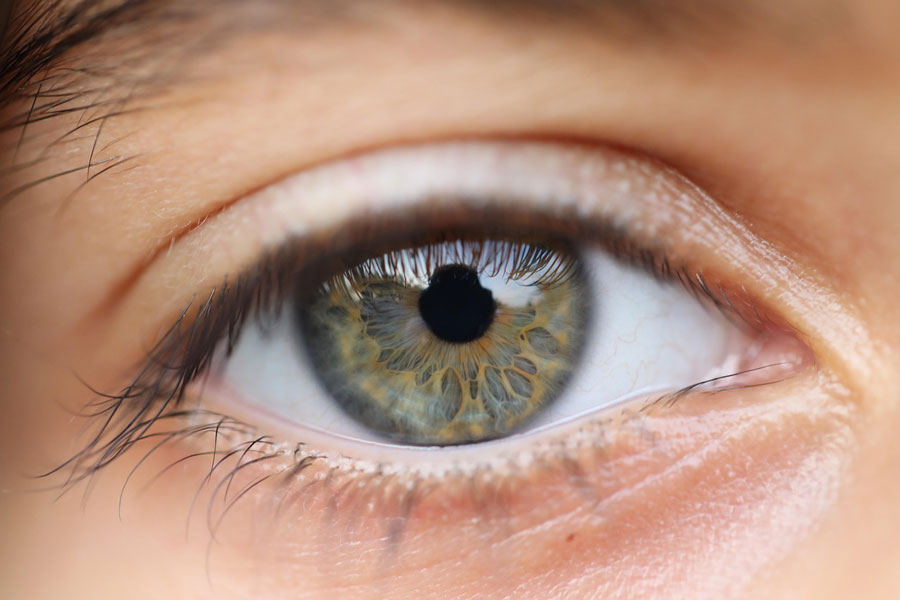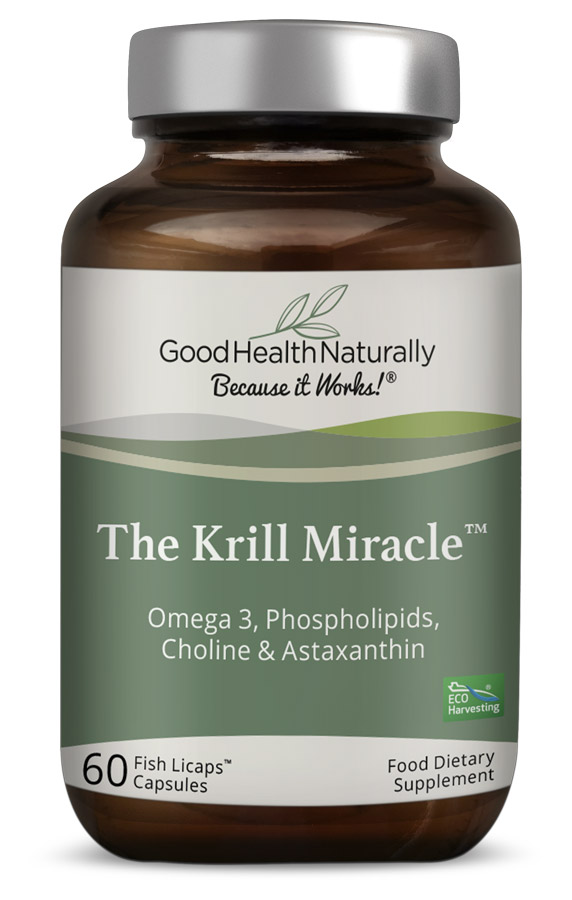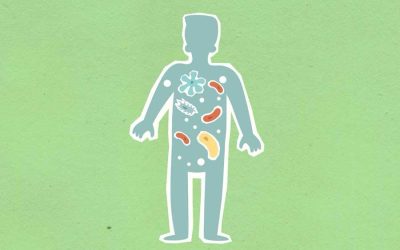Macular degeneration is a leading cause of vision loss worldwide, particularly among older adults. It is estimated age-related macular degeneration (AMD) impacts the lives of 1 in 8 over the age of 80. While there is no cure, research shows nutrition can play a vital role in AMD prevention and supporting those already affected.
Understanding Age-Related Macular Degeneration (AMD)
AMD and The Macula
The condition primarily affects the macula at the central part of the retina. This area is responsible for sharp, detailed vision and is essential for everyday tasks like driving, watching television, reading, face recognition, and even cooking. It is a progressive condition and, in its later stages, can lead to permanent central vision loss and, eventually, blindness.
Dry vs. Wet AMD: Key Differences
AMD is classified into two main types: dry AMD and wet AMD. Dry AMD is the most common form, characterised by the thinning of the macula and the accumulation of tiny yellow deposits. Wet AMD is less common but more severe, involving abnormal blood vessel growth and can lead to rapid vision loss.
Key Risk Factors and Prevention Strategies for AMD
While the exact cause of AMD is not fully understood, certain risk factors have been identified. Understanding these can help with prevention and early intervention.
Ageing and AMD
The risk of AMD increases significantly with age, especially in people over 50. This could be because of an increase in oxidative stress. As we age, our body’s ability to repair oxidative damage diminishes, accumulating reactive oxygen species that can harm cells in the eye. The retina, one of the body’s most oxygen-sensitive tissues, is particularly vulnerable to oxidative stress.
Family History, Genetics and AMD
If one or both of your parents have AMD, the risk of developing the condition is believed to be 50% or possibly higher. A number of genes linked to AMD have been identified. Always remember that whilst we can’t do anything about our genes, we can reduce other risk factors that may influence our genetic predispositions.
AMD and Smoking
Smoking is one of the most significant modifiable risk factors for AMD. It increases oxidative stress and inflammation in the retina, impairing oxygen supply and accelerating cellular damage. Smokers are at a significantly higher risk of developing AMD, so quitting is essential for eye health.
Obesity’s Role in Eye Health
Excess body weight is linked to increased oxidative stress, inflammation, and impaired blood circulation, all of which contribute to AMD. Maintaining a healthy weight through proper diet and exercise may help reduce the risk and slow disease progression.
Key Nutrients for AMD Prevention and Support
Antioxidants and AMD
Given the critical role of oxidative damage in the development of AMD, it makes sense that dietary antioxidants may potentially prevent or slow the progression of the disease. So, include plenty of nutrients like vitamins C and E, beta-carotene, lutein, zeaxanthin, and zinc to help protect the eyes. Leafy greens such as spinach and kale are particularly beneficial, as they are high in lutein and zeaxanthin, which help filter harmful blue light. Citrus fruits, berries, and bell peppers provide vitamin C, while nuts, seeds, and vegetable oils supply vitamin E.
The AREDS Clinical Trials on AMD
Two large Age-Related Eye Disease Studies, AREDS and AREDS2, have identified several essential nutrients that can help slow the progression of AMD and protect eye health. The National Eye Institute sponsored the trials to evaluate the effect of nutritional supplements on the development and progression of AMD. Findings suggest that people at high risk for advanced AMD—those with intermediate AMD or advanced AMD in one eye—saw the best outcomes when supplementing with a combination of antioxidants, zinc, and copper.
The AREDS Formula and AMD Prevention
According to Age-Related Eye Disease Studies, the following nutrients are crucial and can be found in certain targeted AREDS supplements:
- Vitamin C (500 mg): Supports blood vessels and reduces oxidative stress.
- Vitamin E (400 IU): Protects retinal cells from damage.
- Zinc (80 mg as zinc oxide): Helps transport vitamin A to the retina.
- Copper (2 mg as cupric oxide): Balances high zinc intake.
- Lutein (10 mg) & Zeaxanthin (2 mg): Act as natural antioxidants, protecting the retina from blue light damage.
- Beta-carotene (Vitamin A): Essential for night vision and overall eye health.
Omega-3 Fatty Acids for AMD
Regular intake of omega-3 fatty acids has been linked to a lower risk of developing AMD. They are crucial in reducing inflammation and supporting retinal cell function and repair. Good sources include oily fish, nuts, seeds and olive oil.
Follow a Mediterranean Diet for AMD Prevention
Following a Mediterranean-style macular degeneration diet may help protect eye health by incorporating essential antioxidants and omega-3s. It is rich in vegetables, fruit, oily fish, nuts, avocados, and olive oil. This diet is particularly full of eye-supporting foods, like leafy green vegetables such as spinach, kale and cabbage, which are good sources of lutein and zeaxanthin. Plus, orange and yellow vegetables such as pumpkin, squash, yellow capsicum, and sweet potatoes, which are great sources of beta-carotene, Vitamin C, A, niacin, lutein and amino acids. These foods are not only good for the eyes but are also good for the body.
Lifestyle Dos for AMD
- Stay Hydrated
Proper hydration supports overall eye health by maintaining moisture levels in the eyes and reducing dryness and irritation.
- Exercise Regularly
Physical activity improves blood circulation, which helps deliver oxygen and essential nutrients to the eyes.
- Get Regular Eye Exams
Early detection of AMD allows for better management and potential treatment options.
- Protect Your Eyes from UV Light
Wearing sunglasses with UV protection can help prevent retinal damage caused by prolonged sun exposure.
Lifestyle Don’ts for AMD
- Reduce Processed Foods
Processed foods, high in trans fats and refined sugars, can contribute to inflammation and oxidative stress, worsening AMD symptoms.
- Limit Alcohol and Caffeine
Excessive alcohol and caffeine intake can contribute to dehydration and oxidative stress, potentially exacerbating AMD symptoms.
Key Take-aways For AMD Prevention
While AMD is a progressive condition, adopting a nutrient-rich diet and healthy lifestyle can help slow its progression and support overall eye health. Key nutrients such as lutein, zeaxanthin, and other antioxidants found in AREDS supplements, plus omega-3 fatty acids, play a significant role in preventing AMD and protecting the macula from damage. By making informed dietary choices and embracing a proactive approach to eye care, it is possible to maintain better vision and quality of life.
https://www.mdpi.com/2076-3921/12/7/1379






